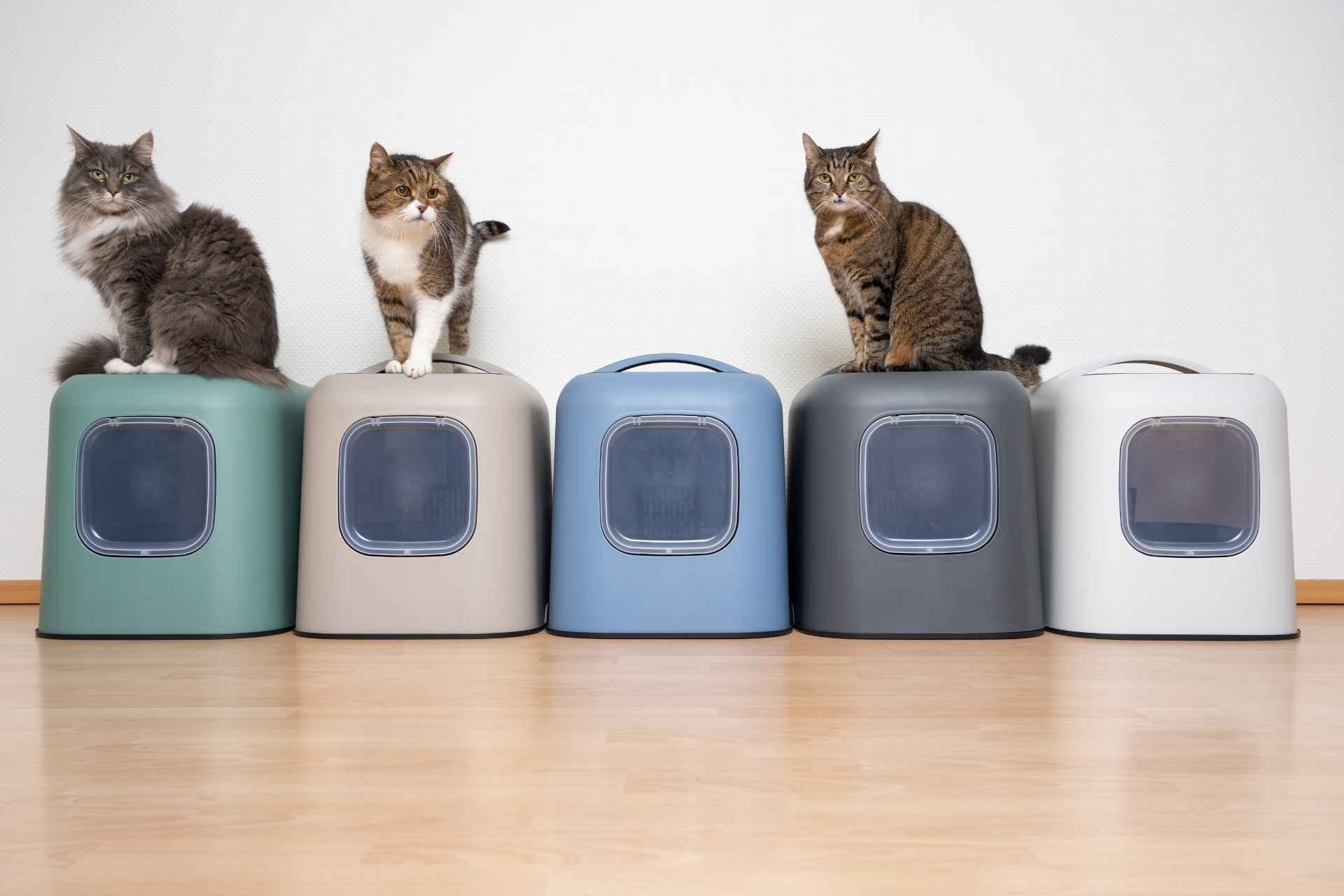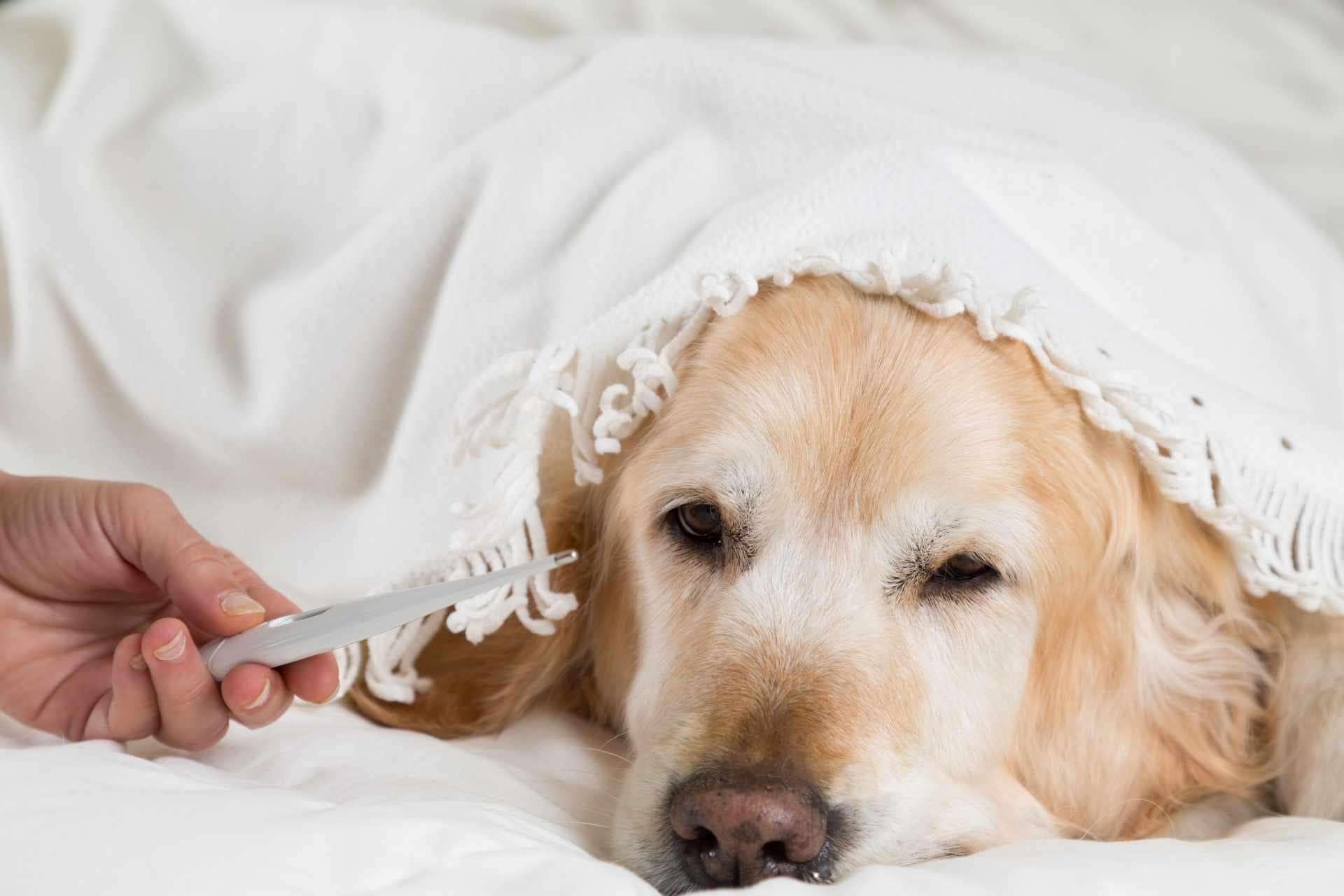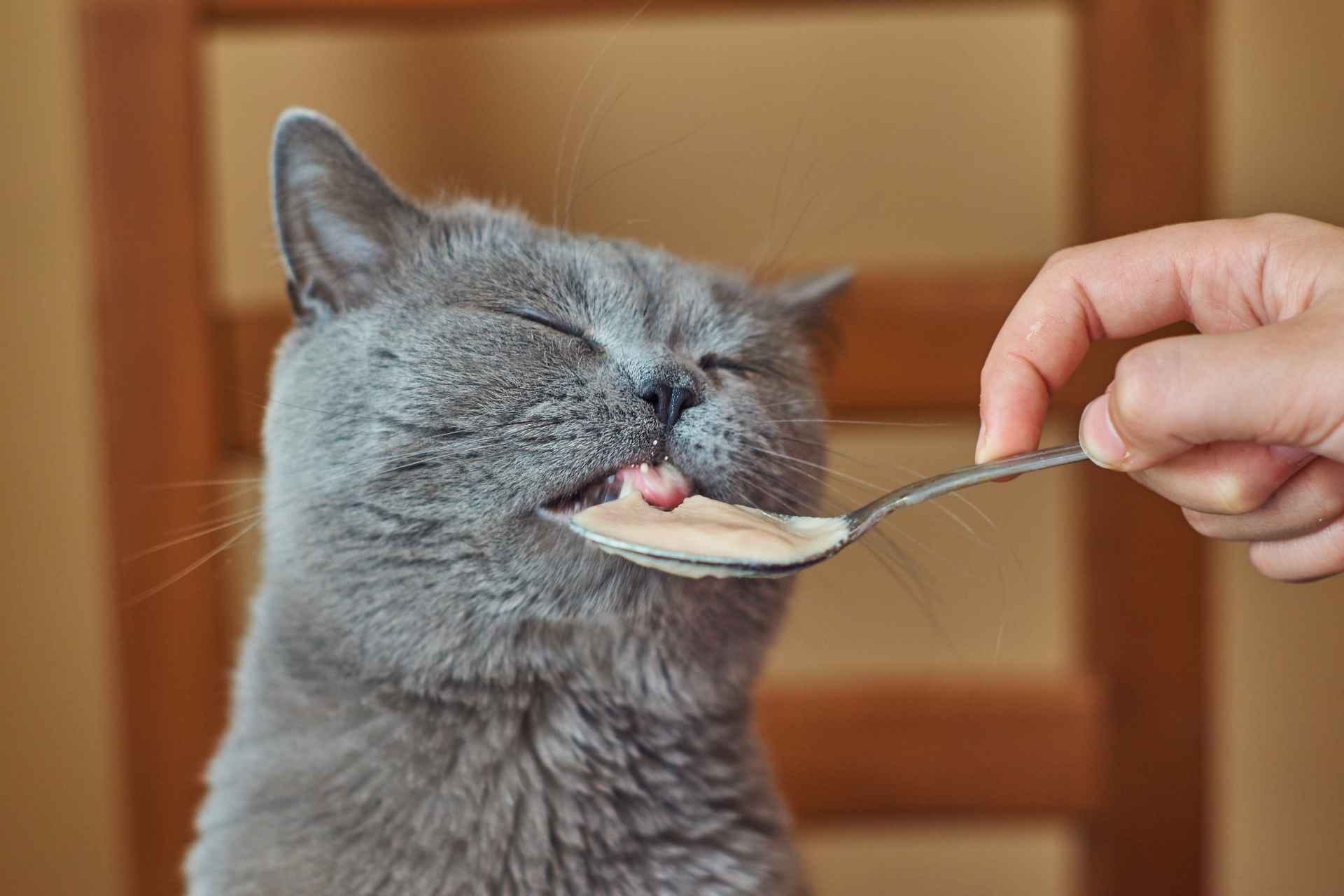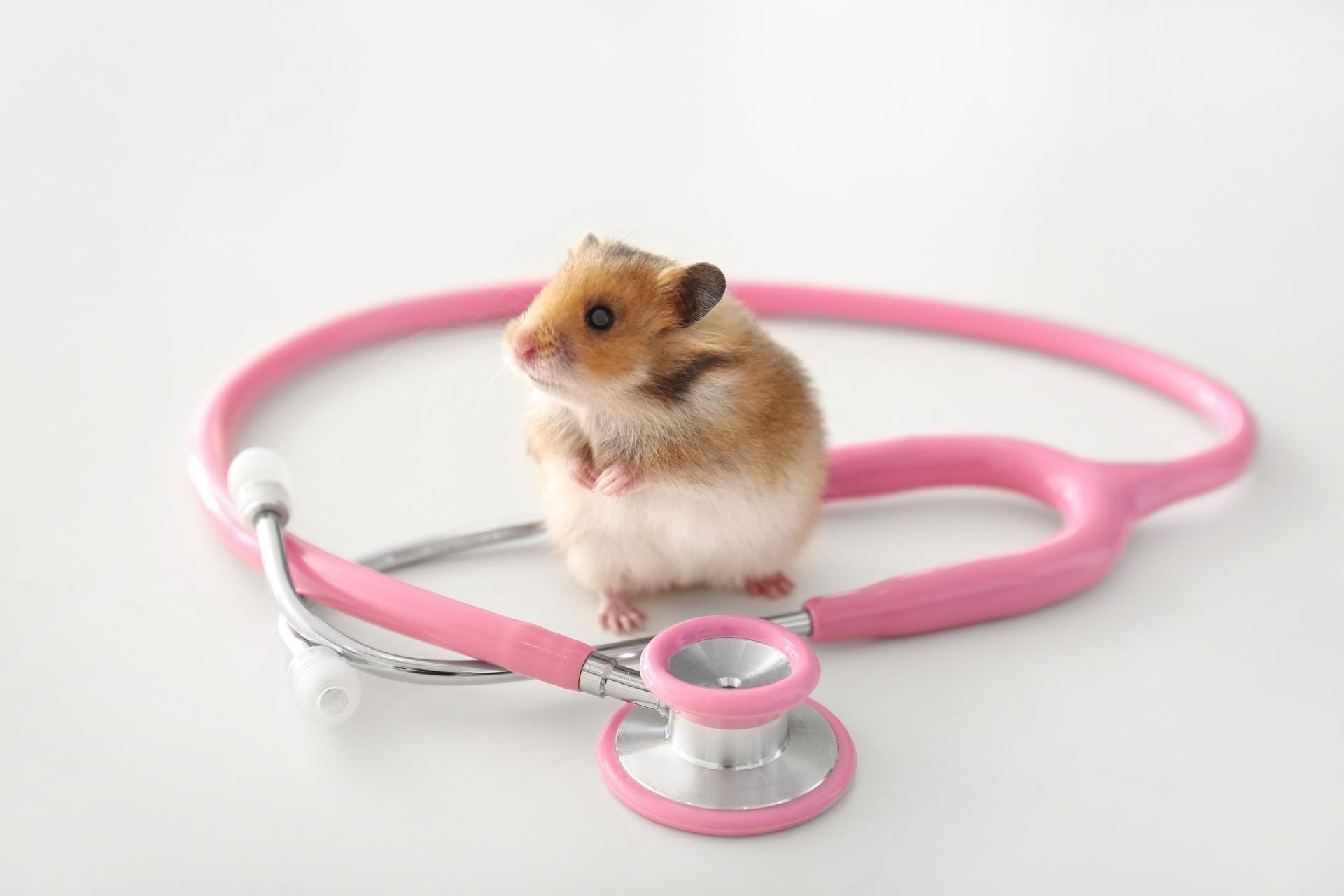If your cat hasn’t pooped in a day or two, they might be constipated, and trust me, no one wants to deal with a grumpy, uncomfortable cat. Here’s the lowdown: cat constipation is common, but it can turn serious fast. So, let’s break it down—what causes it, how to recognize it, and, more importantly, how you can help your feline friend get things moving again.
What is cat constipation?
Constipation is when your cat’s poop schedule gets all messed up, and they start holding onto stool longer than they should. Normally, a healthy cat will go about their business every 24-36 hours. If your kitty hasn’t hit the litter box in a couple of days, or they seem to be straining when they try, there’s a good chance constipation is the culprit.
A cat’s poop is supposed to be well-formed, moist enough for litter to stick to it, and passed with ease. When they become constipated, though, the stool becomes hard and dry, which is uncomfortable for your cat (and for you when it’s time to clean the box). While occasional constipation is manageable at home, prolonged issues need medical attention to prevent more severe health problems.
What causes cat constipation?
Just like with humans, a lot of things can clog up the works for cats. The causes of constipation in cats range from harmless to downright concerning, so it’s important to know what might be going on.
1. Dietary issues
Cats on a low-fiber diet, or those that are only fed dry food, are more likely to experience constipation. Without enough fiber, the food moves slowly through their digestive tract, and the poop gets stuck (literally). Dry food diets can also lead to dehydration, which only adds to the problem.
2. Dehydration
Speaking of which, not drinking enough water is one of the biggest contributors to constipation in cats. It’s like trying to squeeze dry playdough through a tube—it’s just not gonna happen. Cats aren’t naturally big water drinkers, so they can easily get dehydrated, especially if they’re on a dry food diet. Adding wet food can work wonders in keeping things moving smoothly—try our online calculator to find the perfect dry vs. wet food portions for your cat.
3. Stress and anxiety
We all know cats are creatures of habit. If your cat’s routine is thrown off—maybe you’ve moved recently or there’s a new pet in the house—it can lead to stress-induced constipation. Anxiety messes with their digestive system, making it harder for them to poop regularly.
4. Health problems
Conditions like arthritis can make it physically painful for cats to crouch in the litter box and do their thing. Other health issues like kidney disease, feline megacolon (yep, it’s a thing), or impacted anal sacs can also lead to blockages.
5. Excessive grooming
You know how your cat is basically a self-cleaning machine? Well, sometimes they clean too much, swallowing large amounts of hair. This hair can build up in their digestive system, causing blockages that lead to constipation. Too much of a good thing, right?
Signs of constipation in cats
Not sure if your cat’s constipated? Here’s what to look out for:
- Hard, dry stools: You’ll notice these either in or around the litter box. (Yes, sometimes your cat tries to go but ends up leaving little “gifts” outside the box).
- Straining or crying: If your cat is in the litter box, crouching and meowing like they’re trying to pass a kidney stone, they might be constipated.
- Multiple trips to the litter box: Cats with constipation often pop in and out of the box without doing anything.
- Other signs: Hiding, decreased appetite, and weight loss can also be signs of constipation—or of more serious underlying issues like a urinary tract infection or even megacolon.
How to help a constipated cat at home
Don’t panic! There are several things you can do to help relieve your cat’s constipation from the comfort of your home. But remember, if things don’t improve within 48-72 hours, it’s time to call the vet.
1. Add fiber to their diet
Try incorporating some fiber-rich food into your cat’s meals. Canned pumpkin (yes, the same stuff we make pies with) is a great natural remedy for constipated cats. Just a teaspoon or two mixed into their food can work wonders.
2. Increase hydration
Cats can be notorious for not drinking enough water, but there are tricks to encourage them. Wet food is a great way to add moisture to their diet, and water fountains can intrigue even the pickiest drinkers. Hydration is key to keeping everything flowing.
3. Exercise and playtime
It sounds simple, but getting your cat moving can help get their bowels moving too. Regular playtime or even setting up a few more interactive toys around the house can stimulate their system. Think of it as their version of a jog around the block. 🏃♂️
4. Reduce stress
If you suspect stress might be behind your cat’s constipation, try to identify what’s causing the anxiety and eliminate it. Whether it’s too much noise, new pets, or changes in routine, minimizing stress can help your cat get back to normal.
5. Probiotics and laxatives
Probiotics can help balance your cat’s digestive system, and some cats may benefit from over-the-counter laxatives—but make sure to consult your vet first. Not all laxatives are safe for cats, and you don’t want to make things worse by picking the wrong one.
Your inbox needs this
Subscribe to the Petme newsletter for weekly updates with pet care tips, tales, and member-only perks.

When to see a vet for cat constipation
If you’ve tried the home remedies and your cat is still straining or hasn’t pooped in more than two days, it’s time to call in the professionals. Cats can’t always solve constipation on their own, and leaving it untreated can lead to more serious issues like megacolon, which is when the colon becomes enlarged and loses its ability to contract and push stool out.
Your vet might perform an X-ray to check for blockages or impacted feces, and in severe cases, they might administer an enema. And no, under no circumstances should you attempt to give your cat an enema at home. Human-grade laxatives can be toxic to cats, so this is definitely a job for the pros.
If the constipation becomes chronic, your cat might need a change in diet, long-term medication, or in extreme cases, surgery to remove part of the colon.
Preventing cat constipation in the future
Once your cat is back to their regular bathroom habits, it’s important to take steps to prevent future bouts of constipation.
1. Diet management
Make sure your cat is getting enough fiber, and don’t rely solely on dry food. Wet food is a great way to keep them hydrated and their digestive system running smoothly.
2. Regular exercise
Play with your cat daily, and encourage them to move around. It’s good for their overall health, and it helps keep things moving in their digestive tract.
3. Monitor litter box habits
Keep an eye on how often your cat uses the litter box and the consistency of their poop. It’s not the most glamorous part of pet ownership, but it’s important to spot any issues early on.
Pro tips: want to try some safe, natural solutions for your constipated kitty? Check out our latest guide on home remedies for cat constipation—it’s packed with easy tips to help get things moving again.
Conclusion
Dealing with a constipated cat isn’t fun—for you or your feline overlord—but there are ways to manage and prevent it. From diet changes and increased hydration to more exercise and reducing stress, small adjustments can have a big impact on your cat’s digestive health. However, if your cat’s constipation lasts more than a couple of days or if they seem to be in pain, it’s time to seek professional help. Your vet will know the best way to get your kitty back on track.
And hey, if your cat is feeling better and wants to show off their return to glory, don’t forget to snap a pic and share it on Petme, where pet lovers come together for all things furry (and sometimes grumpy)! 🐱
FAQs
1. What can I give my cat to help with constipation?
A teaspoon of canned pumpkin or increasing wet food in their diet can help, but always consult your vet for more serious cases.
2. How long can a cat be constipated before it becomes dangerous?
If your cat hasn’t pooped in more than 48-72 hours, it’s time to call your vet. Prolonged constipation can lead to serious complications like megacolon.
3. Can I give my cat human laxatives?
No. Some human laxatives are toxic to cats and can make the situation worse. Always consult your vet before giving any laxatives.
4. How can I tell if my cat is constipated?
Signs of constipation include hard, dry stools, straining in the litter box, and making multiple trips without success.
5. Is there a way to prevent cat constipation?
Yes! A high-fiber diet, plenty of water, regular exercise, and reducing stress can all help keep your cat’s digestive system healthy.











